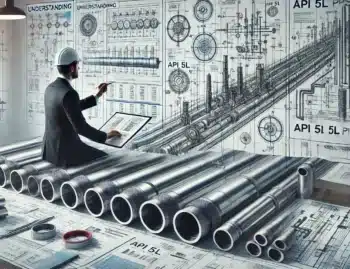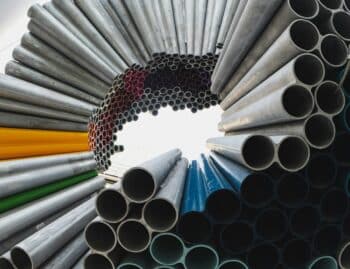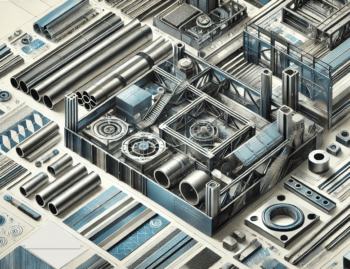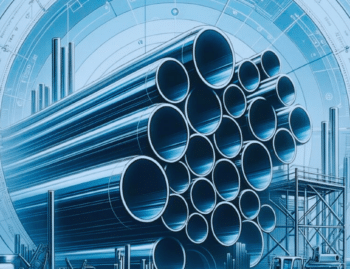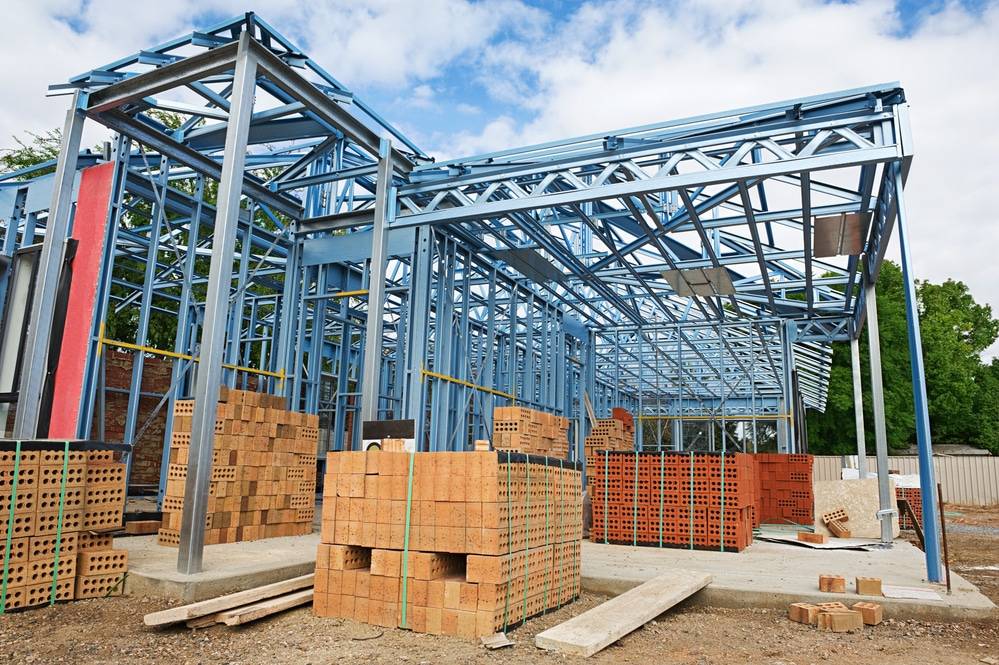
Steel is one of the most commonly used materials in any type of construction. So, there are plenty of benefits that steel provides–from being recyclable and sustainable to being strong and durable. To see why steel offers such a great advantage in residential construction, let’s go over some of the top benefits it provides.
Strength and Durability
Above all, steel is known for its excellent strength and durability. These qualities make it a reliable material for residential construction. In particular, this means steel can withstand extreme weather conditions, seismic activity, and other elements better than other types of building materials. Additionally, steel structures tend to have a longer lifespan and require less maintenance than traditional materials like wood.
Design Flexibility and Versatility
The strength-to-weight ratio found in steel allows for more flexibility and versatility in architectural design. So whether someone is looking for a large, open space in their home, or wants to take advantage of more innovative designs, both are possible with steel over other materials.
Specifically, steel beams and columns provide structural stability and support while minimizing the need for interior load-bearing walls. The result is a more spacious and adaptable living area perfect for the modern homeowner.
Quick & Construction
When using steel in construction, most of the time it involves pre-fabricated components that will be constructed elsewhere and then assembled on-site with less time and manpower. This feature speeds up the construction process compared to other methods. It’s also easier to modify or add to steel structures, making renovations and future additions much easier.
Fire Resistant
Possibly one of the best benefits of using steel in residential construction is its fire-resistant properties. Steel is non-combustible, meaning it has superior fire resistance compared to other common building materials like wood.
The increased safety and peace of mind is something that all homeowners are looking for, which steel construction provides. Steel is less combustible in the first place; but, in the case of a fire with other components in the home, it can help contain the spread of flames and support the overall fire safety of the building.
Pest, Mold & Rot Resistant
Another benefit of steel for residential structures is that it is pest resistant, unlike wood. Pests like ants, termites, rodents, and more are not a problem for the structural integrity of steel. Thus, using steel in residential buildings eliminates the need for pest control treatments and regular maintenance.
Similarly, it is resistant to the typical mold, rot, and decay that you might worry about with organic materials like wooden structures. This helps maintain the structural integrity and stability of the building over time, leading to less costly repairs over the years.
Environmental Sustainability
Homeowners that want to make sustainable and eco-friendly choices for their home construction will like the eco-friendly features of steel. Steel is often made from recycled materials, and can be recycled again at the end of its lifespan.
Plus, steel construction results in less waste than other traditional building materials, which leads to a more greener and eco-friendly approach to residential construction.






